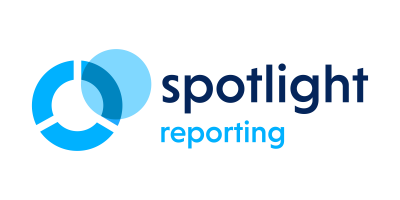We are well into 2024 with a new Government’s promised tax cuts and changes coming, Reserve Bank OCR rate stuck at 5.5%, unemployment and inflation up, NZ dollar down, many major company results that reported recently showing declining profits and pessimistic outlooks, and considerable uncertainty in the economy both in New Zealand and overseas.
The level of immigration allowed into New Zealand in 2023 is unbelievably extraordinary and adds enormously to inflation pressures. I correctly predicted that interest rates would not go down in the near future, and they might still rise further. Some clients are feeling the pinch with mortgage interest giving a net loss on rentals and inability to borrow from the bank at rates below 19 percent to cover short-term cash flow needs. Centrix has just reported that business defaults in January were up 28 percent and liquidations 16 percent. 480,000 consumers across the country are in arrears including 21,800 mortgage accounts overdue. Debt needs to be eliminated or reduced to minimise risk, but this is at a time where sales prices of properties are still depressed. Taking on new debt needs to be considered carefully before proceeding so that the risks are carefully considered.
More clients are seeking hardship relief from Inland Revenue or making payments using approved instalment arrangements, as that is cheaper than banks who are unwilling to help anyway. Careful management of cash flow is crucial.
Good quality up to date financial information from your accounting system is a key to managing your business. This includes a budget to 31 March 2025 against which regular monitoring and reporting are done to review trends and variations from plans. Only with this information can you adjust to what is happening at the “coal face” in your business either by taking corrective action or to gear up to manage greater growth than expected. We can help with this as this is where we can add the greatest value to you and your business.
Newshub Closure
As a former foundation director of National Business Review, I want to offer my brief comments on this. A newspaper, radio or TV station exists to sell advertising. To maximise its advertising rates, it needs to have high readership, many listeners, or viewers. It gets those by having content that people want to read, listen to or watch.
What has happened particularly since Covid-19 came along and large state subsidies were paid to many news organisations, is that news content has lacked independence, is superficial at best and has lacked the in depth checking that is needed. If there were two sides (or three sides) to a viewpoint, we used to hear them. Younger people now get news from mobile apps and older people have become disillusioned with what has been offered find elsewhere the news we do not hear about anymore. While there has been a shift away from mainstream news services because of younger people and advertising is now carried out by the competitors Google, X and Facebook, this is only part of the story. If Newshub or TV news were compelling viewing, we would all be watching. It is not the viewers’ fault but those who have provided a boring, low-level news service with no critical content. To me, much seemed to be repeating PR releases from the Beehive, even using the new Beehive jargon.
What has been served up in the last few years is an insult to thinking New Zealanders who want to be informed.
Y2K
Who remembers Y2K? 1/1/2000 was going to be Doomsday? I was talking to someone about this the other day and then 29th February 2024 arrived. In our high-tech world, people could not buy petrol because the payment system used by all, or most petrol companies could not manage a leap year. In 2024 this is beyond belief. This is New Zealand!






